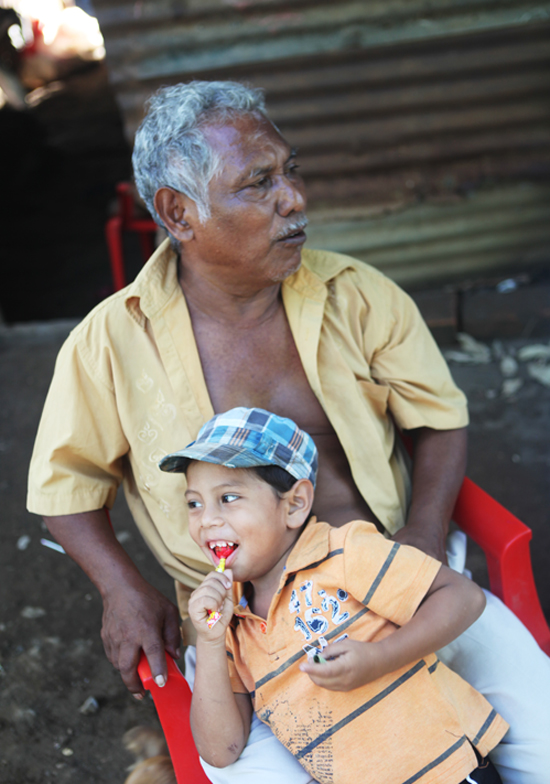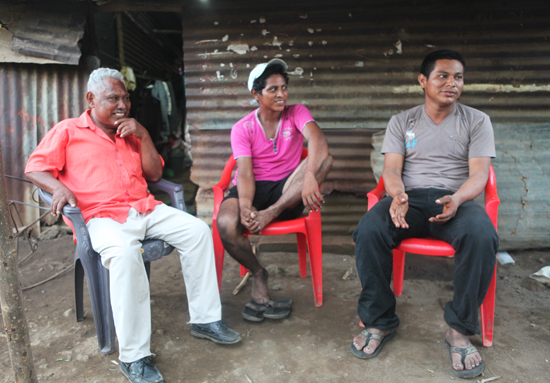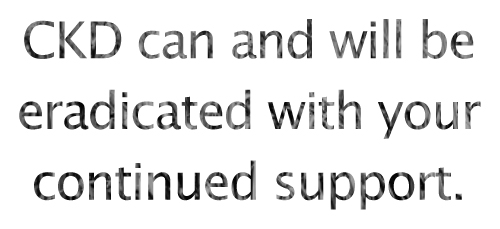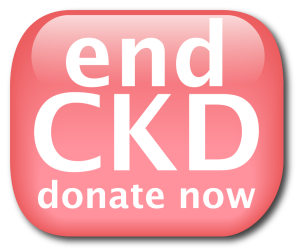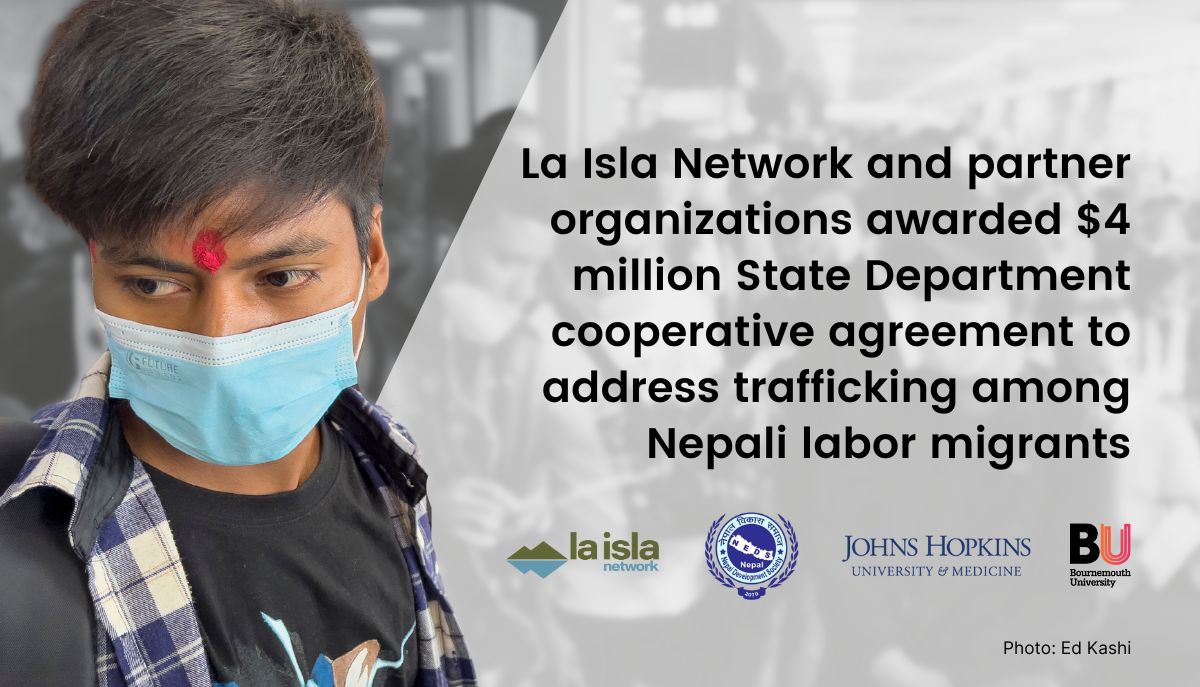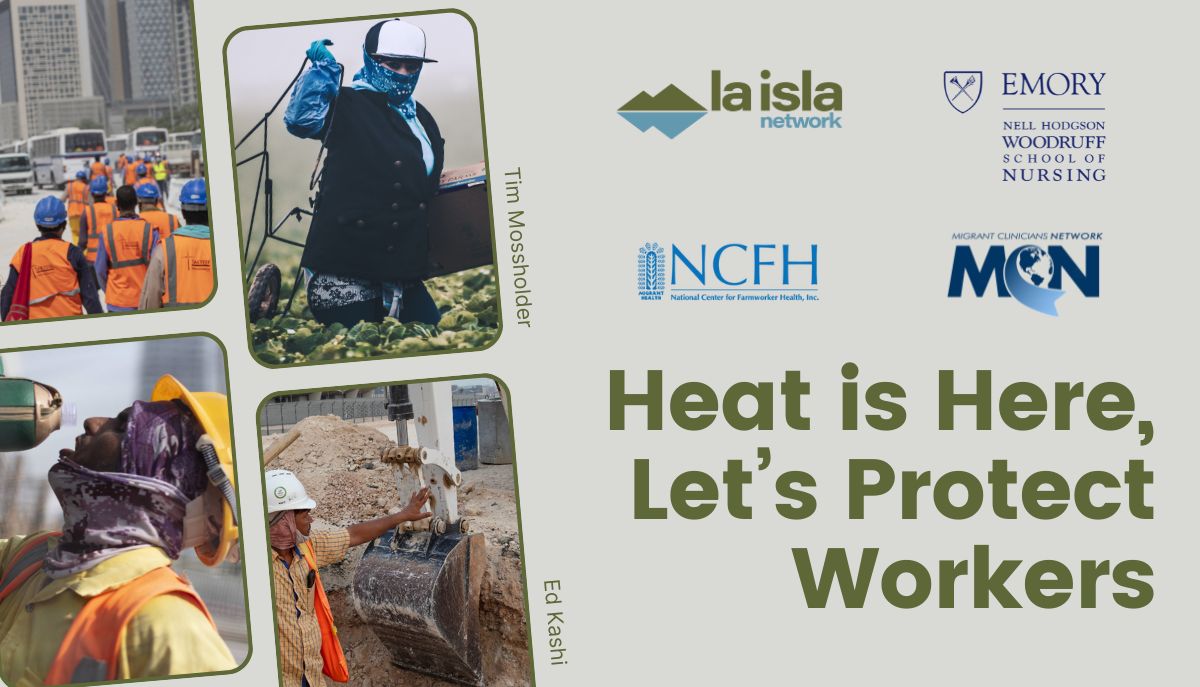This is a manmade disease.
I can’t get the simple fact out of my head as I sit down to talk with the Granados family again. This time I am to speak with Pablo*, the eldest of three brothers all of whom are sick with chronic kidney disease (CKD).
This is a manmade disease. Other epidemics, such as cholera in Haiti or ebola in Congo, can be perpetuated by human negligence, but very few are caused by preventable, human-generated conditions.
Pablo Granados knows the amount of destruction that humans can create.
He began working in the cane fields in 1973. Things were different then. Those were the days before cane workers fell sick with CKD. They were able to provide for their families through work that was hard, but safe.
Then Pablo fought in the Nicaraguan Revolution. He spent seven years as a guerilla in the mountains, under-armed and without reinforcements. “The only guns we had were ones we took from the enemy by hand,” Pablo said.
It took more than a decade of fighting and over 53,000 deaths before the war came to a close. By that time the country had shattered itself both physically and economically.
When the fighting stopped, Pablo continued his service to his country for five years in a mayor’s office, attempting to assist in the establishment of democracy in Nicaragua. But due to the failed economy, Pablo’s pay dropped to next to nothing. With a wife and nine children, he had no option but to re-enlist in the cane fields.
Over a decade had passed, and the sugarcane company had changed its working conditions drastically. Pablo now had to cut cane from 3am-9pm every day.
The companies had also intensified their use of agrochemicals. “Imagine, by 1pm, you’re thirsty and the only water you have is the river running through. And it’s yellow. Or green. Or any color even. You think you’re dying of thirst, but it’s the poison that’s killing you.”
According to current research, including studies that La Isla Foundation has facilitated or co-authored, CKD develops when a person is exposed to intense heat, chronic dehydration, and prolonged strenuous labor, with compounding factors such as exposure to pesticides and other agrochemicals.
These are the conditions that thousands of sugarcane workers face every day of the harvest season.
CKD is a manmade disease. The current workplace practices ensure that those at the top of the sugarcane companies make more money, but they have generated a cycle of death that has ravaged families like Pablo’s throughout Chichigalpa.
What Pablo remembers most about this return to the cane fields is the irony of it all. “By all rights I should have died in the war. But it’s this disease that will kill me.”
One day while working in the field, Pablo felt a crippling pain shoot up his leg. He looked down, searching for a wound or evidence of a scorpion sting, but found nothing. He began getting cold chills so bad his children had to cover him with blankets.
In 2001, Pablo sought a doctor. He was diagnosed with CKD. The doctor’s only advice was, “Don’t walk alone because you could die at any moment.”
During my last interview with Pablo, as dusk was settling over Chichigalpa, two of his five sons returned from working in the fields. One is only 22, the same age as me. All four living sons are sick. The other is already dead from the disease.
The living sons, though sick, are still working and getting sicker each day.
There’s something digging at me throughout my brief interaction with these young men. They’ve seen scores of co-workers fall sick and die from CKD and they’ve tended to their own father with blankets as he shivered uncontrollably from the symptoms. They’ve seen their brother become sick and die at the age of 33, leaving behind an 8-year-old son and a 12-year-old daughter.
Now they themselves have developed CKD after only a few years of work. How can they possibly return every morning at 5am and do their job knowing that they will soon leave their own children fatherless?
Their answer is simple: “We are all scared, but we have to work to eat.”
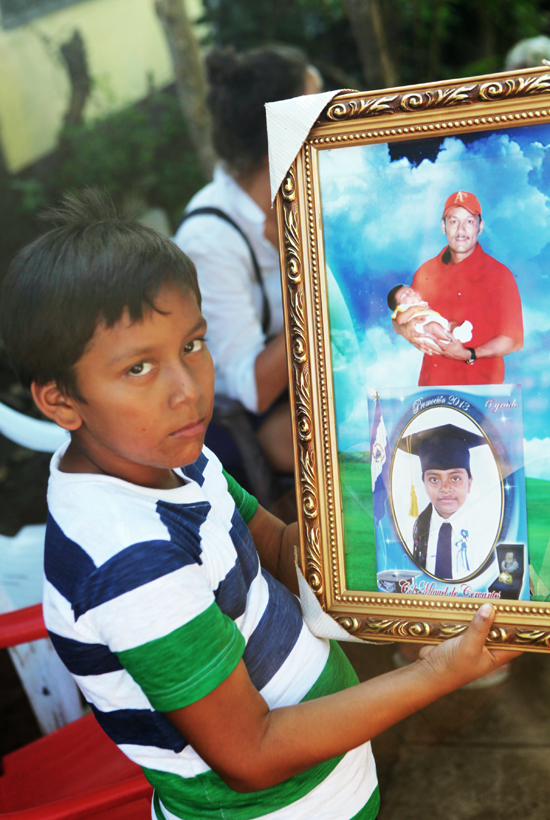
Pablo Granados’ 8-year-old grandson Ruben holds a photograph of his deceased father Alejandro, the first of Pablo’s five sick sons to die of CKD.
Choosing between CKD and starvation is a decision that no one should have to make. Especially when such a reality is bred by humanity itself.
Walking back from Pablo Granados’ house in silence, the magnitude of this manmade disease sinks in. I see the anti-CKD graffiti across from the mayor’s office. I see the gravestones packed so tightly they obscure the weeds that grow in the cemetery. I see scores of boys as young as me walking like a ragtag army back from their 12-hour shifts, machetes hanging limply from weary arms. I see smoke billowing menacingly from the neighboring cane fields and I am filled with a greater sense of urgency with every breath.
This is a manmade disease. It cannot be cured with pills or prevented by vaccinations. It is up to us as a global community to recognize our role in reversing the damage that we have inflicted upon one another.
After years of fighting CKD in Chichigalpa, Pablo still calls for action. “The world needs to know what is happening here. The only way this is going to get fixed is if we find support internationally.”
If you can donate today, your support will help fund legal research in order to expose the illegal working conditions in the Nicaraguan sugar industry.
It will also help us facilitate public health research to assess the extent of the ongoing destruction of human lives in Western Nicaragua due to the CKD epidemic.
And it will help us share what we learn in these fields with the international community, so that Pablo and his sons and their children don’t have to fight the CKD epidemic alone.
This is a manmade disease. Please do not stand idly by. Be a part of the manmade solution today.
Sincerely,
Eli Kahn-Woods
La Isla Foundation Intern
Eli Kahn-Woods graduated from the University of Pennsylvania in May and hails from Boston, MA. Since arriving in Nicaragua in September he has worked closely with La Isla Foundation’s Public Health team in addition to conducting human rights research with our Legal team.
*All interviewees’ names are fictionalized to protect their identities.



